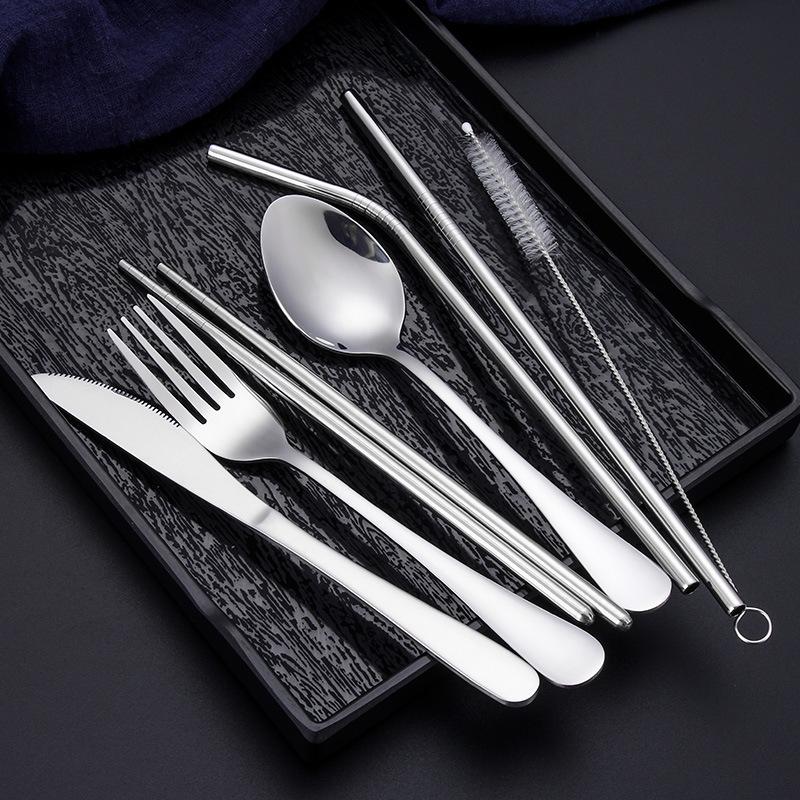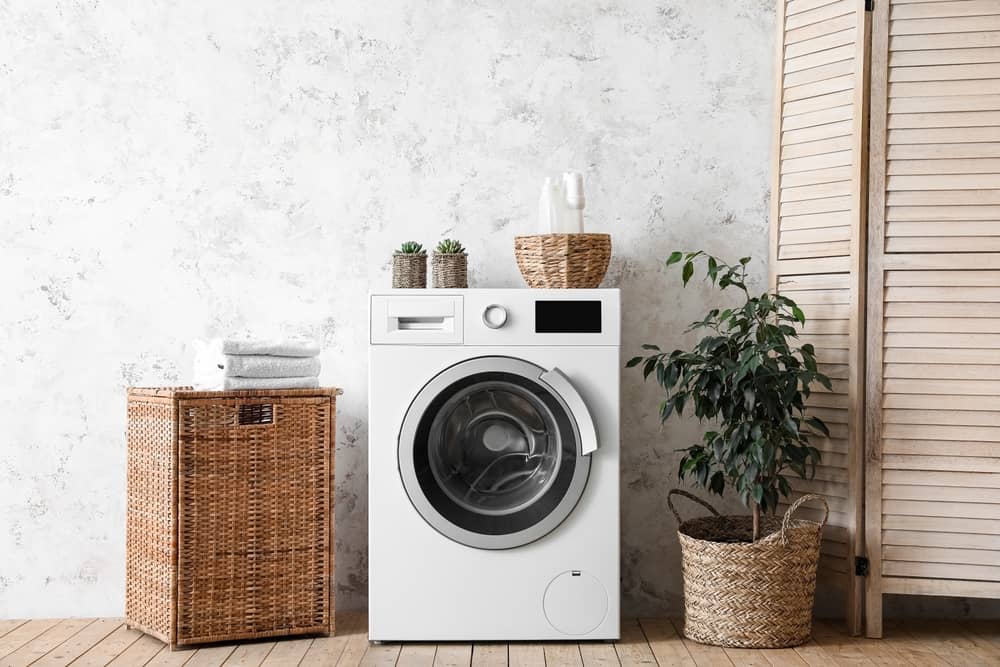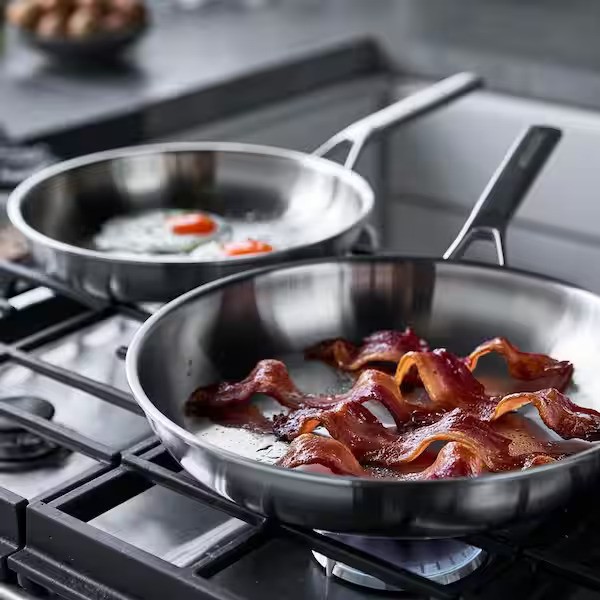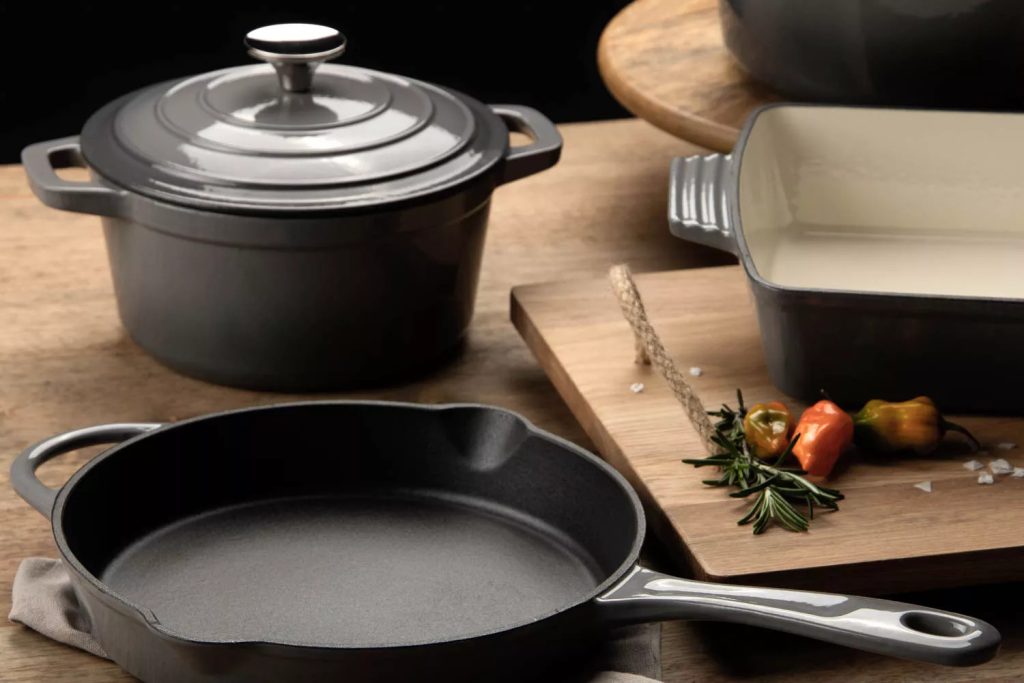Regardless of the actual value of the products, you see the potential of using related ferroalloys in this section.
All content on this page has been created by ChatGPT 4 AI

Ferrosilicon
Ferrosilicon indirectly impacts the appliance industry by contributing to stainless steel production, enhancing magnetic properties, and facilitating the manufacturing of electrical steel and various alloys. Its inclusion in these processes aids in enhancing the durability, efficiency, and overall performance of household appliances.
Stainless steel household appliances
Ferrosilicon is a key component in the production of stainless steel, which is widely used in household appliances such as refrigerators, dishwashers, washing machines, and gas stoves. Stainless steel offers durability, corrosion resistance, and an aesthetically pleasing appearance to these appliances. Ferrosilicon contributes to these properties, making stainless steel a preferred material for appliance manufacturing.
Magnetic Properties
Ferrosilicon can be used in the production of magnets and magnetic materials. Many household appliances, including electric motors and speakers, require magnets for their operation. Ferrosilicon enhances the magnetic properties of these materials, thereby improving the performance and efficiency of such devices.
Electrical Steel
Ferrosilicon is employed in the production of electrical steel, which is crucial for the performance of household appliances that rely on electricity. Electrical steel exhibits low energy dissipation and high magnetic permeability, making it suitable for use in transformers, motors, and generators. By incorporating Ferrosilicon, electrical steel can significantly enhance the magnetic properties and overall performance of household appliances.
Alloy Additive
Ferrosilicon serves as an alloy additive in the production of various materials used in household appliances. It can be added to alloys such as cast iron or other ferrous alloys to modify their properties, including hardness, strength, or corrosion resistance. These alloyed materials may be used in components such as cookware, heating elements, or structural parts of home appliances.
Magnesium Ferrosilicon
While the direct impact of Magnesium Ferrosilicon on the appliance industry may be modest, the incorporation of Magnesium and silicon as alloying elements can indirectly influence certain aspects of household appliances. Specifically, the properties of Magnesium alloys, including lightweight structure, heat resistance, and corrosion resistance, contribute to the production of durable and efficient components used in appliances.
Lightweight Structure
Magnesium alloys, often reinforced with Magnesium Ferrosilicon, are renowned for their lightweight characteristics. These alloys can be used in the production of some household appliances to reduce weight and enhance portability. For instance, lightweight Magnesium alloys may find application in portable devices like hand mixers or cordless vacuum cleaners, making them easier to handle and maneuver.

Corrosion Resistance
Magnesium alloys, when augmented with Magnesium Ferrosilicon, can enhance corrosion resistance compared to other metals. This characteristic is particularly beneficial in appliances that may encounter moisture or corrosive environments, such as dishwashers or washing machines. Improved corrosion resistance helps extend the lifespan of appliances and ensures their continued performance over time, even in harsh conditions.

Cast Iron
stove bases are the largest parts of the stove on its surface. These bases are in the form of windows that are usually made of cast iron. These foundations are placed at a standard distance from the torches. Their task is to keep the dishes on the heat of the stove

Heat Resistance
Magnesium alloys, including those containing Magnesium Ferrosilicon, demonstrate excellent heat resistance properties. This attribute becomes valuable in household appliances that generate high levels of heat, such as cooking appliances like stoves or grills. Magnesium alloys can withstand elevated temperatures without warping or deforming, thereby contributing to the durability and reliability of such appliances.


